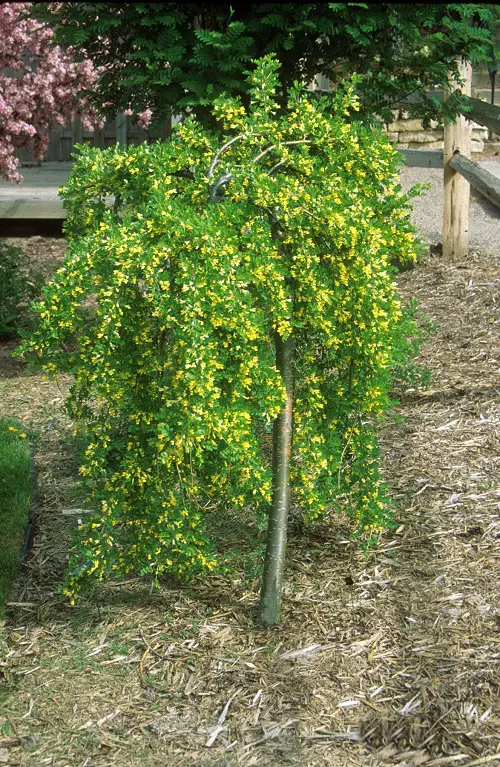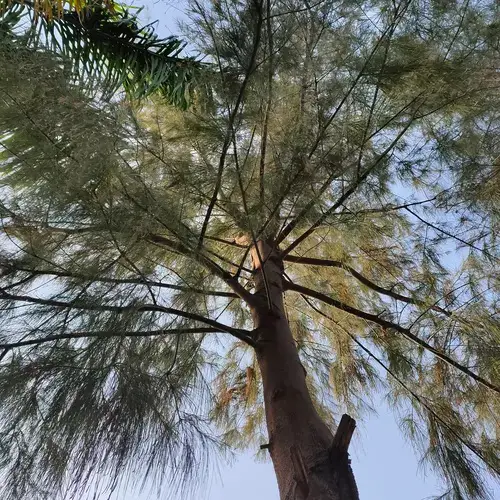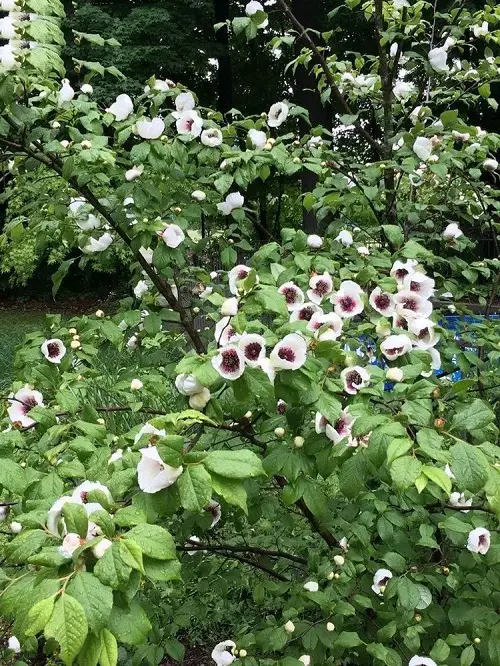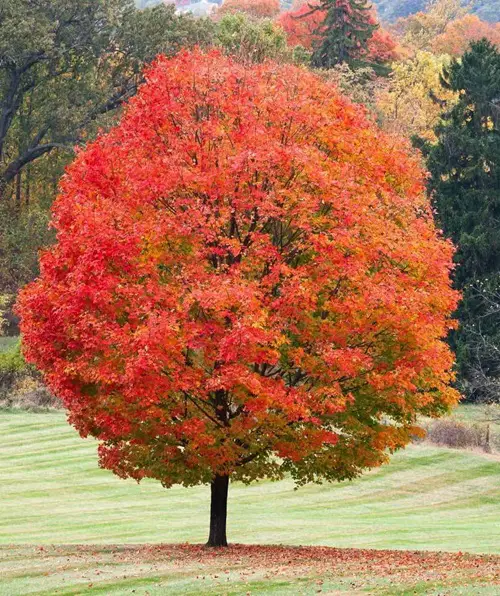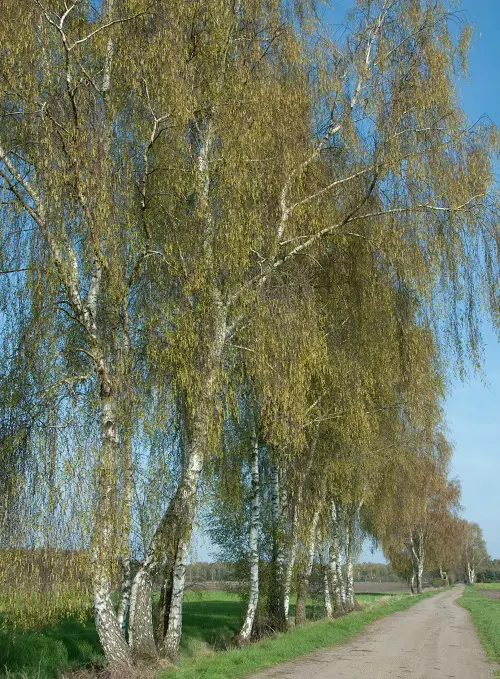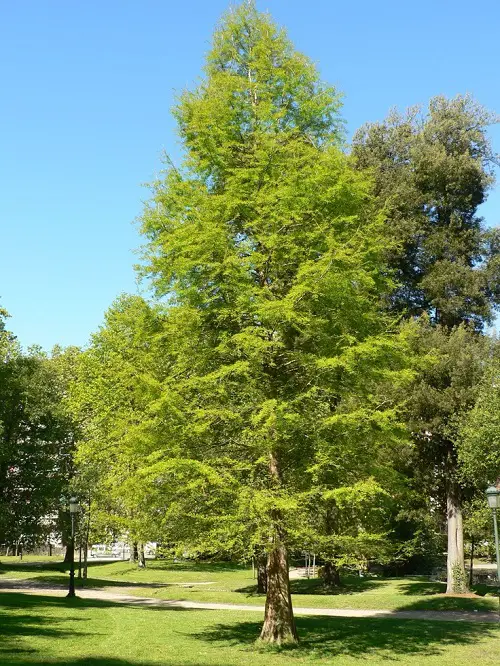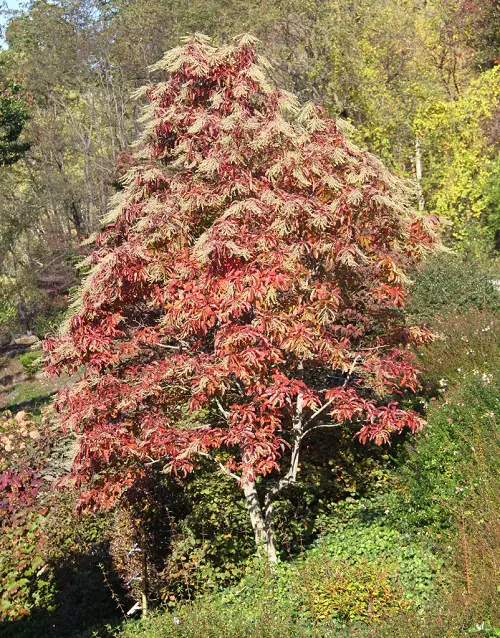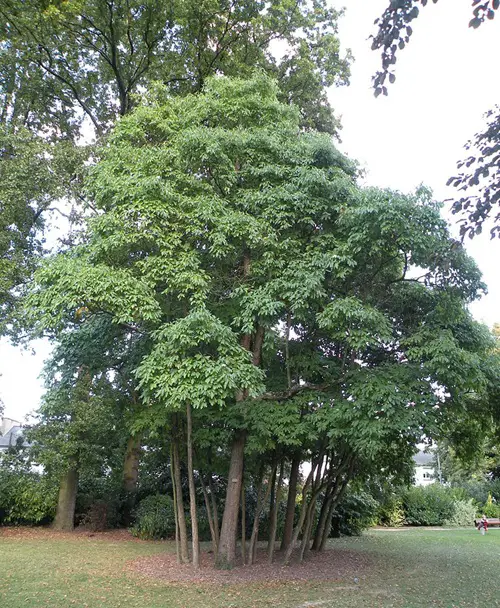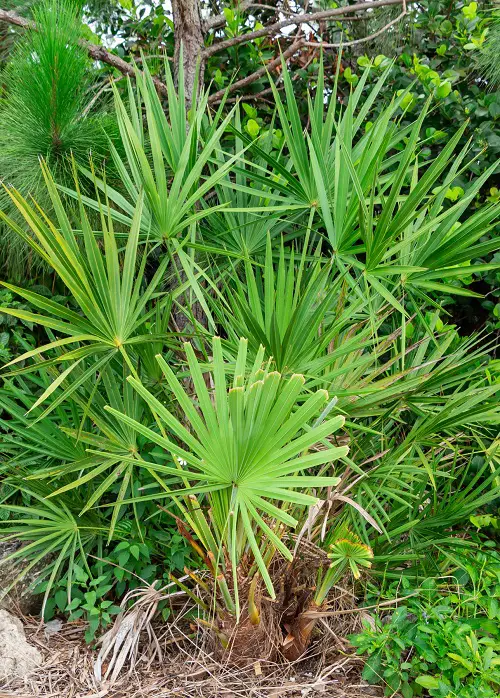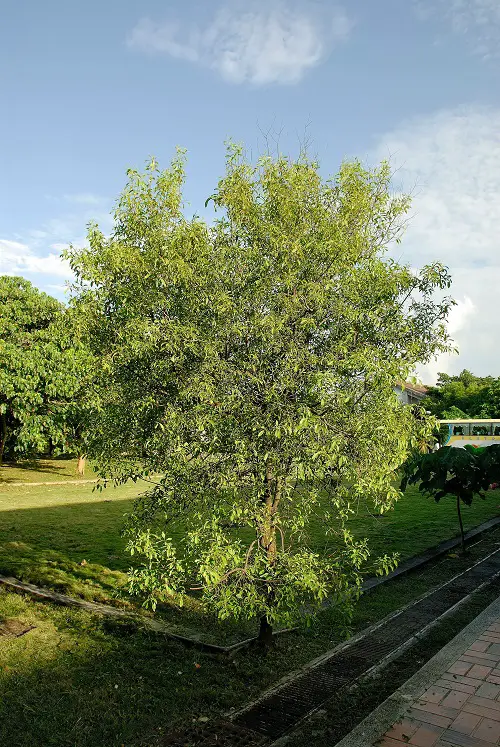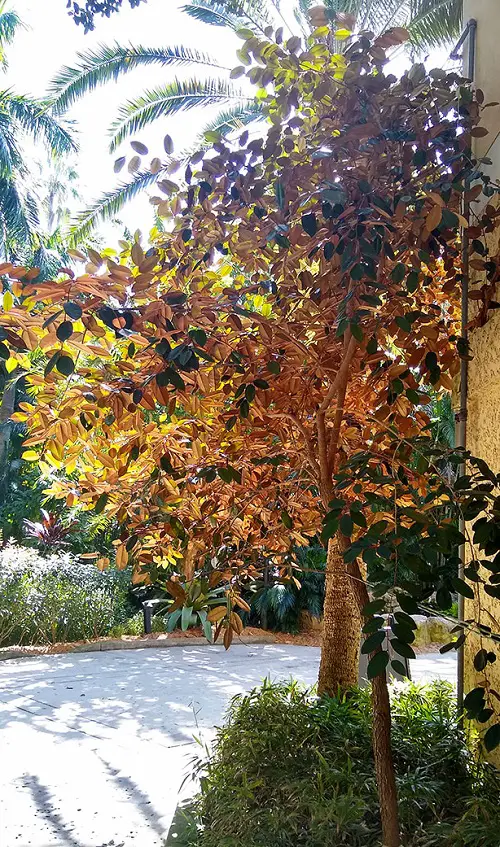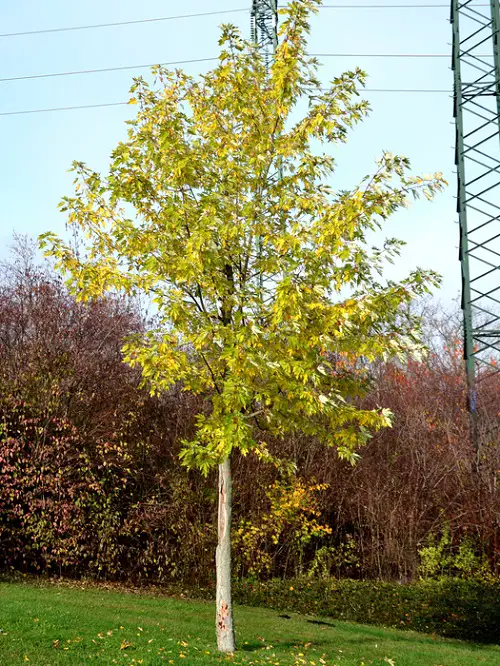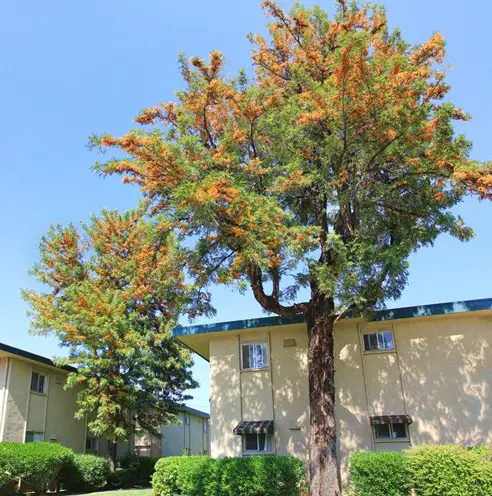Trees That Start With S – Dive into the diverse and fascinating realm of trees, perfect for gardening enthusiasts and nature lovers!
Check out our collection of stunning trees With red flowers.
Trees That Start With S
1. Siberian Peashrub
Botanical Name: Caragana arborescens
The Siberian Peashrub originates from Siberia and Mongolia’s cold, temperate climates. Gardeners in North America and Europe widely cultivate this plant for its ornamental value.
2. She-Oak
Botanical Name: Casuarina equisetifolia
A species of tree native to Australia and Southeast Asia, they are popular for their ability to withstand strong winds and salt water.
3. Silky-Camellia
Botanical Name: Stewartia malacodendron L.
This plant is native to the southeast of the United States. It has a smooth, grey, upright bark and grows white flowers that bloom in the early summer.
6 Trees that Look Like Penises
4. Spanish Cedar
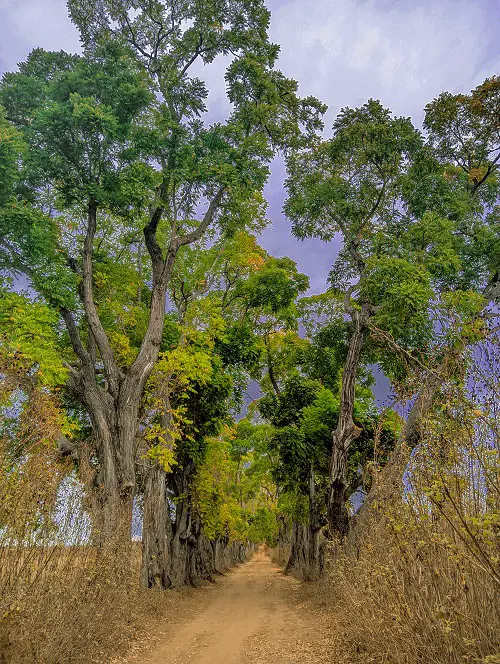
Botanical Name: Cedrela odorata
A medium to large tree that reaches up to 100 feet (30 meters) tall. It is native to Central and Southern America and the Caribbean.
5. Sugar Maple
Botanical Name: Acer saccharum
It is popular for its colorful fall foliage of bright red, orange, and yellow leaves. It can be a great choice to bring color to the garden.
Have a look at these trees with smooth gray bark.
6. Silver Birch
Botanical Name: Betula pendula
It is native to Europe and part of Asia. This one grows in various soil types and grows to a towering height of 70-100 feet!
7. Swamp Cypress
Botanical Name: Taxodium distichum
These trees are popular for their “knees,” wooden projections that grow from the water around the tree.
8. Silverbell
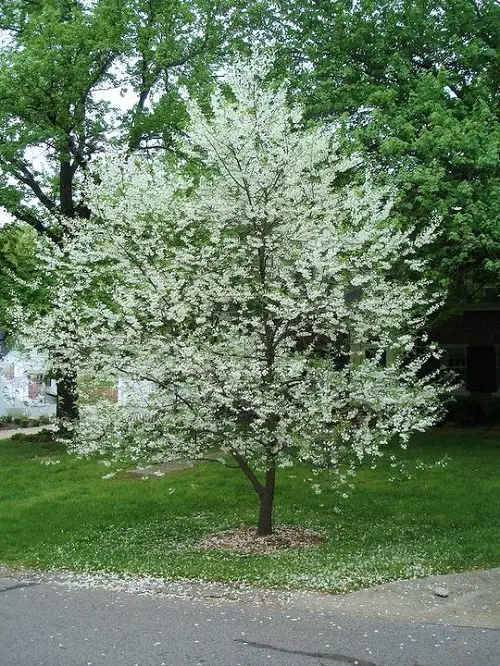
Botanical Name: Halesia carolina
This tree is native to North Carolina and grows in moist, acid soils. It also grows white and pink flowers.
Lemon Tree Growth Stages Explained
9. Sycamore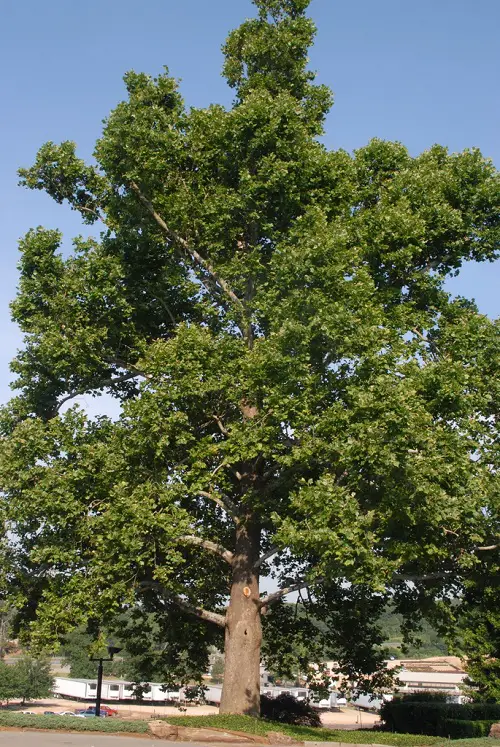
Botanical Name: Platanus spp.
This one is a large and fast-growing tree, often reaching over 75-100 feet. It is popular for its mottled, exfoliating bark.
10. Spruce
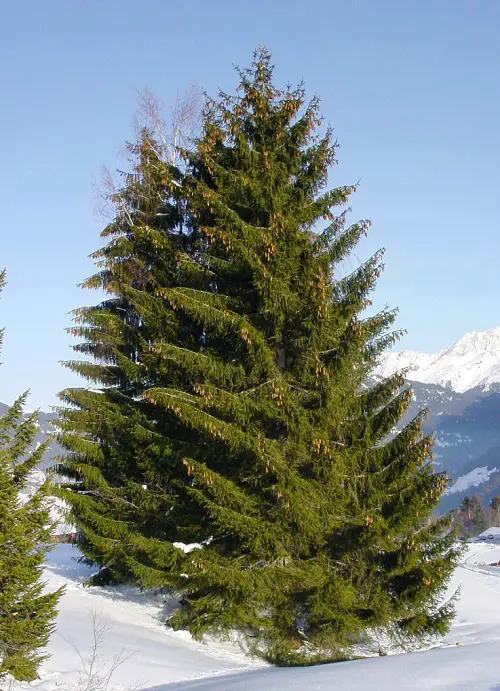
Botanical Name: Picea spp.
This evergreen tree is native to the northern temperate and the boreal regions of the world. It is a conical evergreen tree with needle-like leaves and hanging branches.
Check out 12 indoor plants that look like a banana tree
11. Sweetgum
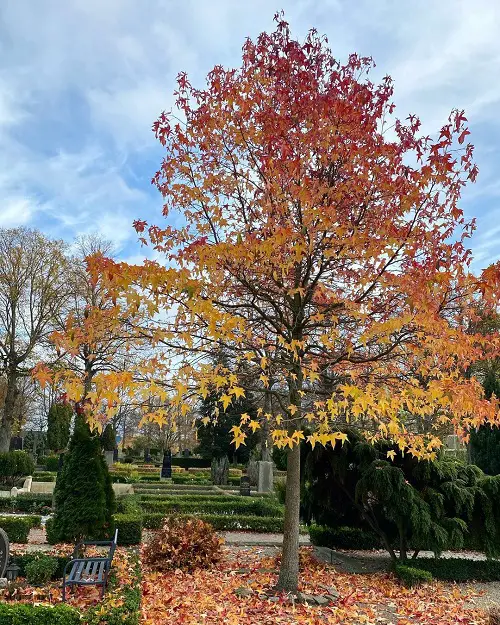
Botanical Name: Liquidambar styraciflua
The sweetgums are native to the North and Central America. They have star-like leaves and spiky gumball-like fruits.
12. Sourwood
Botanical Name: Oxydendrum arboreum
The tree is popular for its slender pyramidal shape and glossy green leaves that change to red in the fall.
13. Sitka Spruce
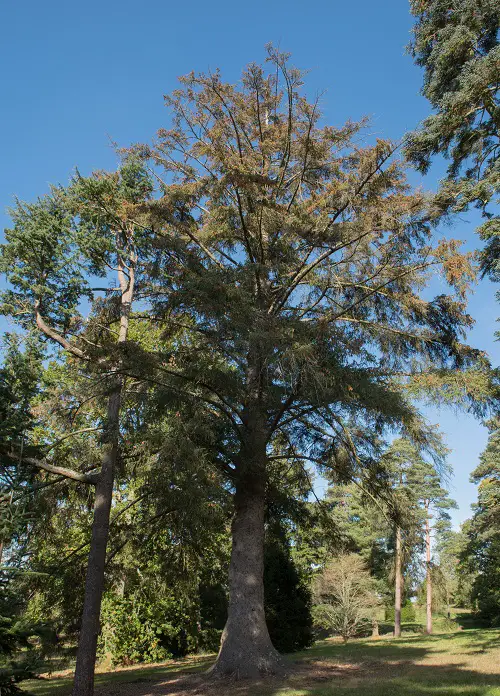
Botanical Name: Picea sitchensis
Although it does not produce traditional flowers, Sitka Spruce grows small purple cones that turn brown as the tree matures.
15 Best Trees With Red Leaves All Year
14. Snow Gum
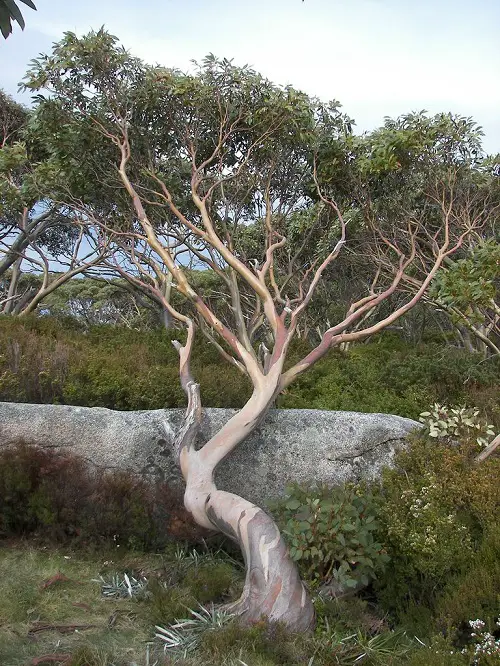
Botanical Name: Eucalyptus pauciflora
Snow Gum is a hardy tree species that grows in cold, snowy environments. This tree is popular for its striking patchy bark, which peels off in white, grey, and green flakes.
15. Scots Pine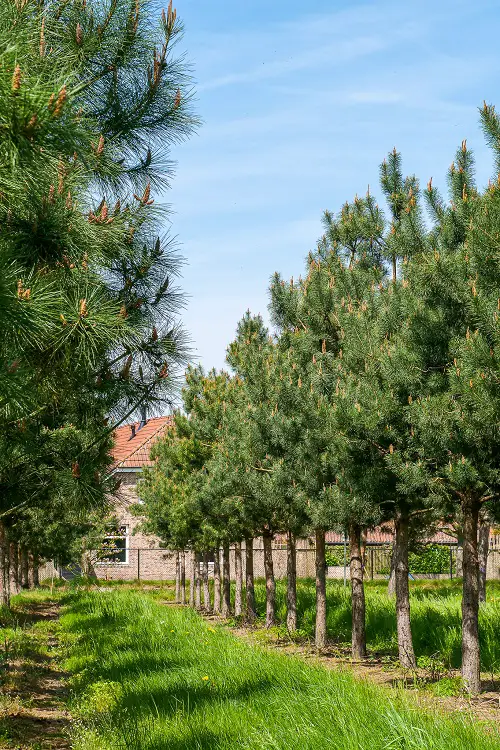
Botanical Name: Pinus sylvestris
Native to Europe and Asia, its tall pines have orange-red bark. The remarkable attribute of this tree is its inner bark, which is edible.
16. Scarlet Oak
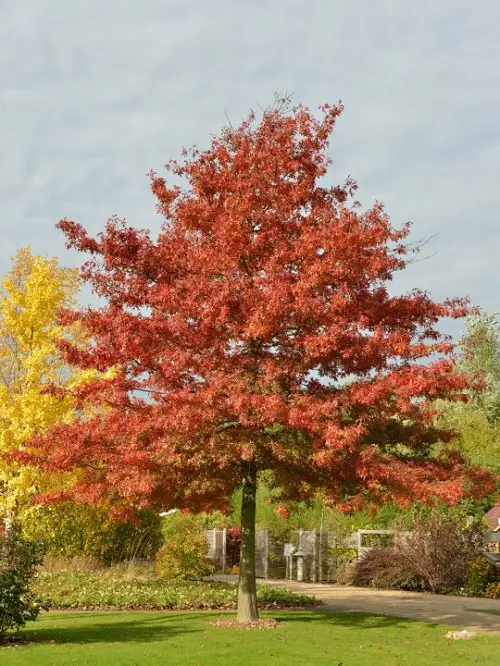
Botanical Name: Quercus coccinea
The name “Scarlet” derives from the vibrant red of its fall leaves. It is a symbol of strength and perseverance in American culture.
17. Southern Magnolia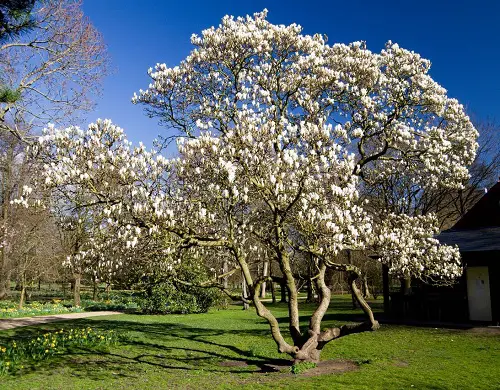
Botanical Name: Magnolia grandiflora
It grows in the southeast U.S. and has glossy white leaves with large white flowers and a cone-shaped fruit with red seeds.
18. Shingle Oak
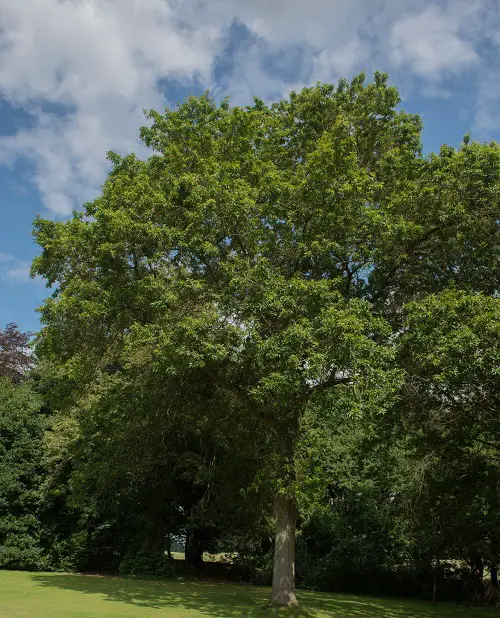
Botanical Name: Quercus imbricaria
This tree is native to the eastern and central parts of the United States and can grow up to 50-70 feet tall.
19. Shagbark Hickory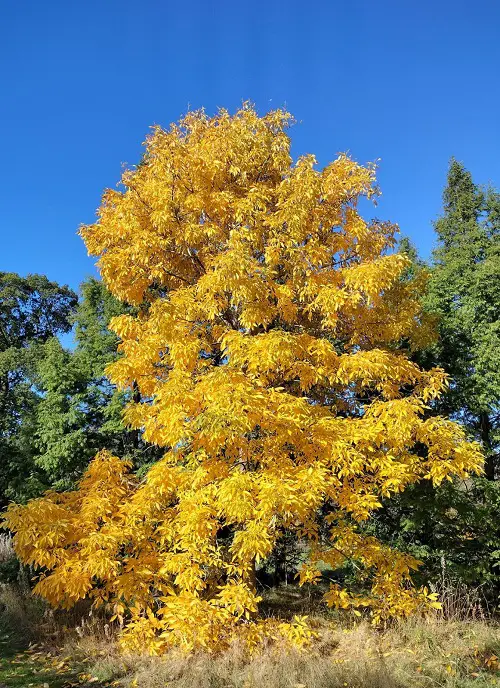
Botanical Name: Carya ovata
This tree grows in mixed hardwood forests in the eastern United States. Its fruits are a favorite of both wildlife and humans.
Stunning Trees With Red Flowers
20. Swamp White Oak
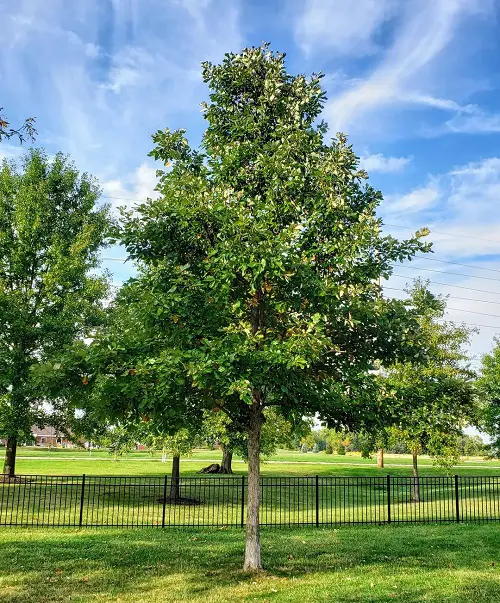
Botanical Name: Quercus bicolor
It is a long-living tree that can survive up to 300 years. The tree produces acorns, which are important food sources for wildlife.
Oak Tree Leaves Identification, Benefits, and Uses
21. Southern Red Oak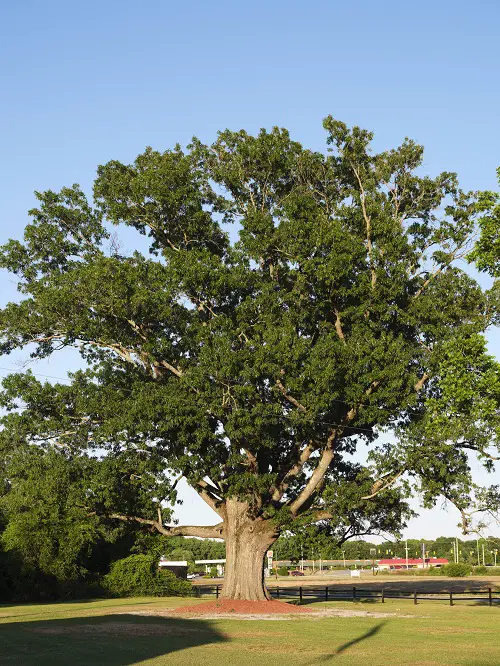
Botanical Name: Quercus falcata
The tree grows to a height of 60 to 100 feet and is native to the southeastern United States.
22. Sweet Birch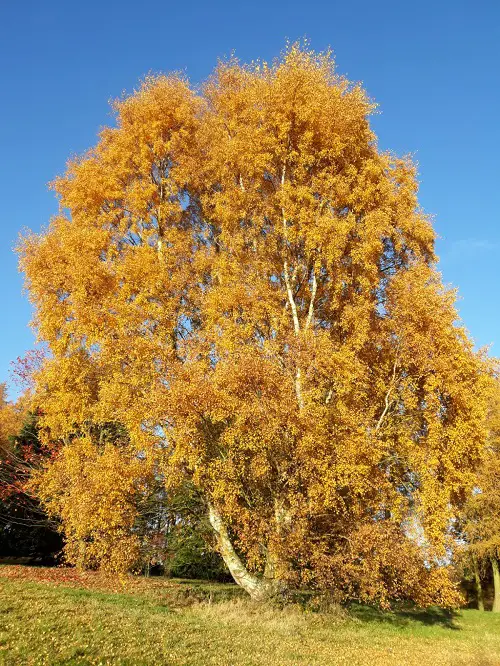
Botanical Name: Betula lenta
It is also popular as “Cherry Birch” because its bark resembles the cherry trees. It displays beautiful yellow-bronze color leaves.
23. Sago Palm Tree
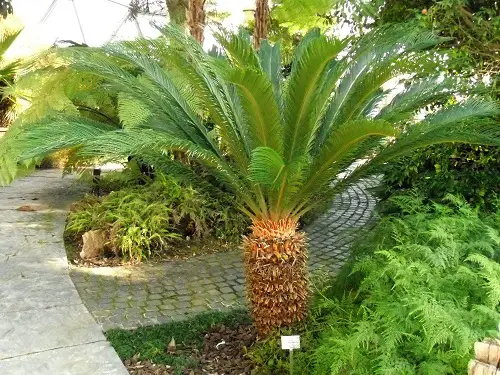
Botanical Name: Cycas revoluta
Sago Palms are slow-growing and can reach up to 10 feet in height. They are relatively low maintenance but are toxic if ingested, so caution is advised in homes with pets.
How to Plant Sago Palm Seeds
24. Sal Tree
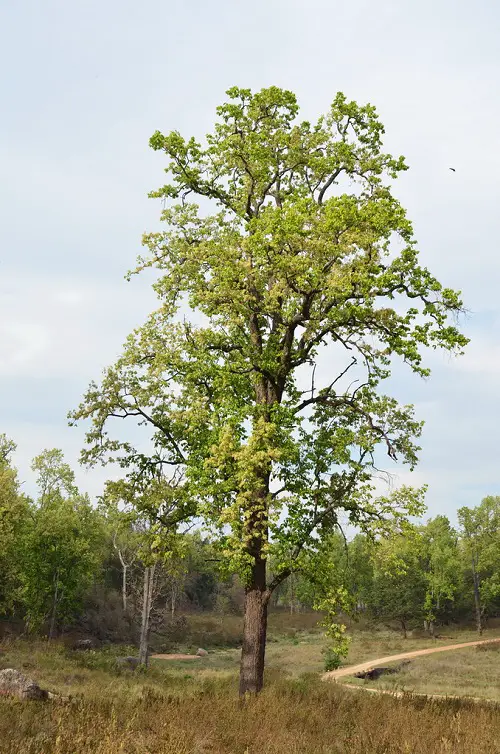
Botanical Name: Shorea robusta
The tree grows to 25-30 feet and grows small, white to yellow flowers clustered in dense, branched inflorescences.
25. Sapele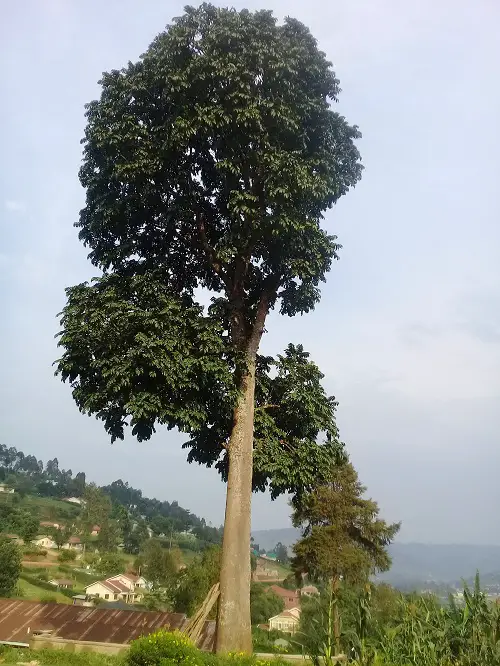
Botanical Name: Entandrophragma cylindricum
This tree grows straight, which makes it perfect for borders. It also produces small flowers that attract wildlife.
8 Best Lemon Tree Varieties for Containers
26. Sandbox Tree
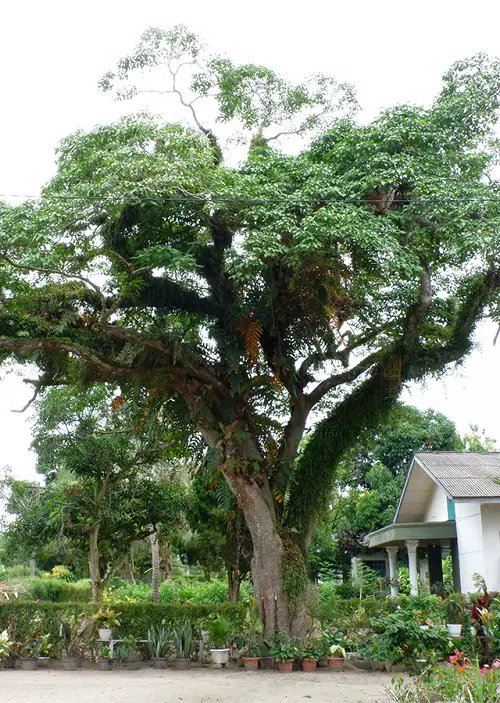
Botanical Name: Hura crepitans
It is native to the tropics of North and South America – the tree can grow quite tall, achieving a height of more than 60 feet.
27. Strawberry Tree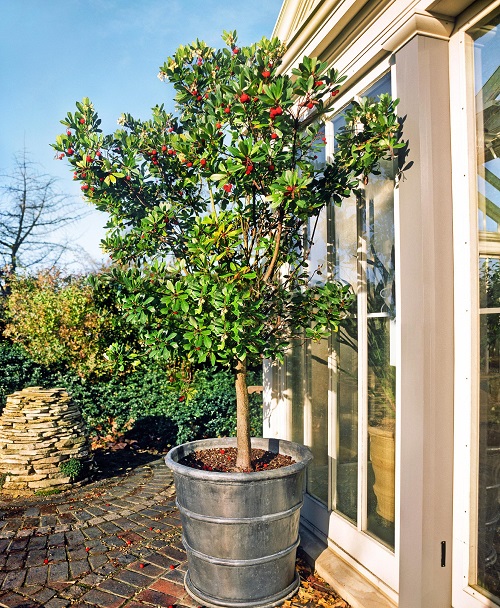
Botanical Name: Arbutus unedo
The Strawberry Tree is a small shrub that we all love! You can also grow it in large containers and enjoy its fruit!
28. Spindle Tree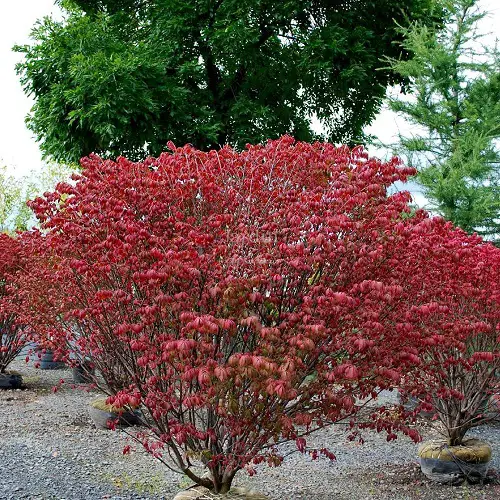
Botanical Name: Euonymus europaeus
The spindle tree has beautiful red-orange foliage, which makes it a must-have in the gardens. You can prune it to keep it small.
29. Silver Poplar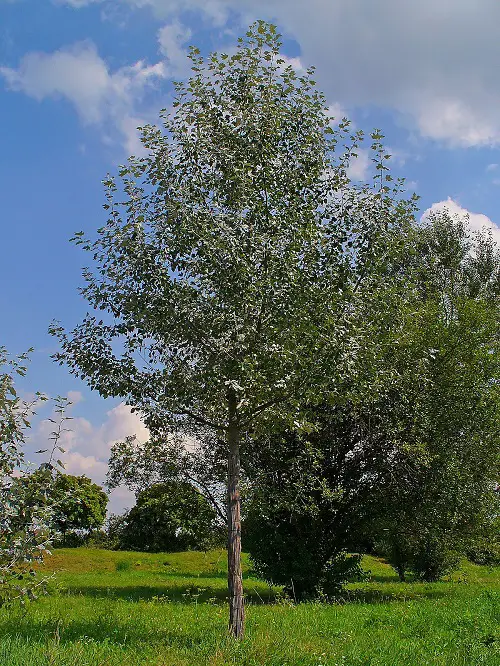
Botanical Name: Populus alba
This tree grows quite tall, achieving an impressive height of 40-50 feet. It is easy to look after, stays evergreen, and demands less to no pruning.
30. Serviceberry
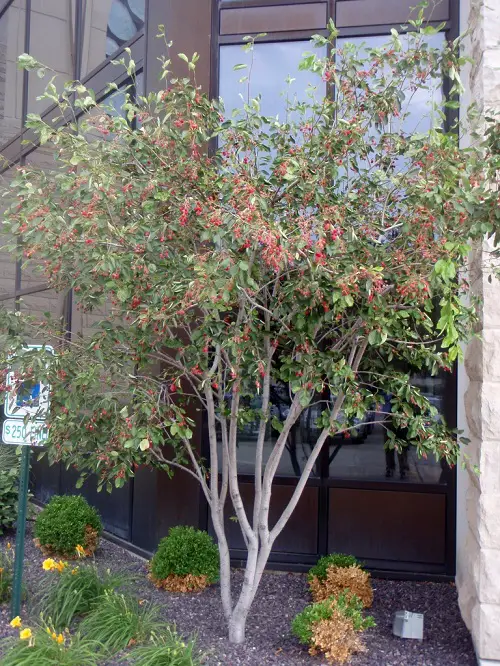
Botanical Name: Amelanchier spp.
Native to North America, Serviceberries grow in forests and along riverbanks. In summer, they produce sweet and edible berries that attract birds.
31. Stewartia
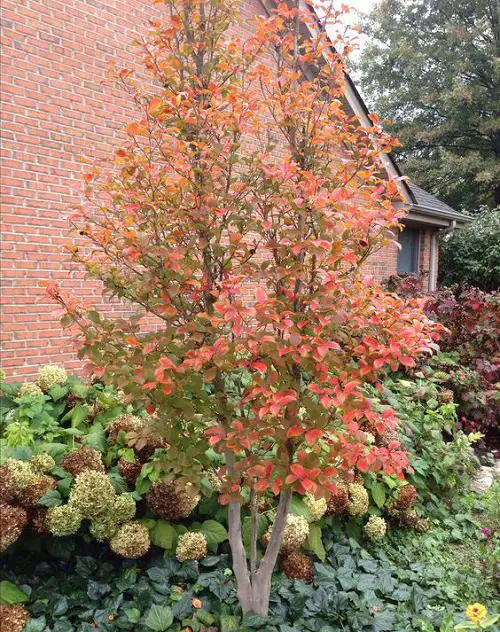
Botanical Name: Stewartia pseudocamellia
Stewartia is named after John Stuart, a British nobleman and botanist. Its leaves take a beautiful red-orange hue in autumn.
32. Strangler Fig

Botanical Name: Ficus ‘Strangler’
Strangler fig trees are native to tropical rainforests around the world. They begin their life in epiphyte form, growing on and surrounding other trees.
33. Santa Maria
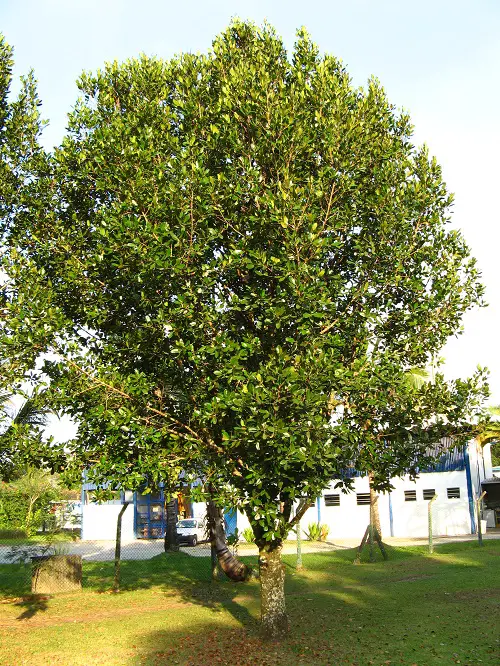
Botanical Name: Calophyllum antillanum
It is a mid-size tree with shiny leaves showcasing small white flowers. It stays quite compact, reaching a height of 20-30 feet.
18 Beautiful Trees With Purple Leaves
34. Sapodilla
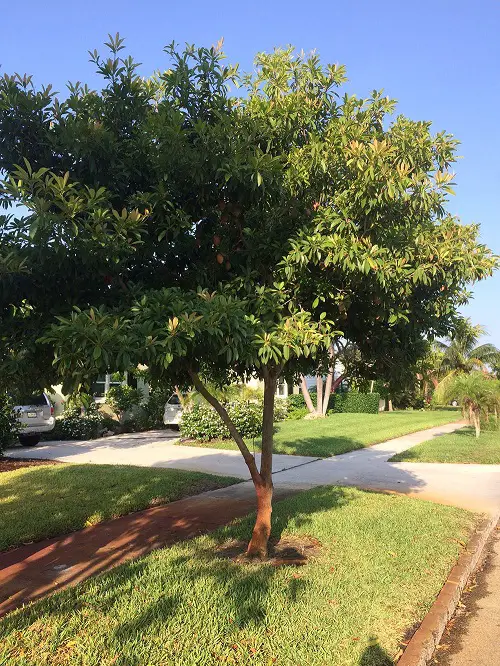
Botanical Name: Manilkara zapota
This is an evergreen tree native to the Mexican American and Caribbean. It grows well in temperate climates.
35. Sassafras Tree
Botanical Name: Sassafras albidum
This plant is native to eastern North America. It produces small yellow-green flowers with dark blue fruits.
36. Sausage Tree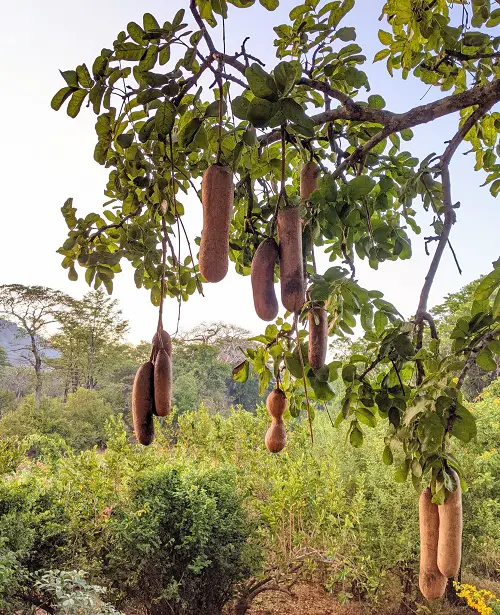
Botanical Name: Kigelia Africana
This plant is native to Africa and has large sausage-like fruits. Though it is not a common sight, you can grow it for unique aesthetics!
37. Saw Palmetto
Botanical Name: Serenoa spp.
A small tree with fan-like leaves, it is an important food source for wildlife. You can also grow it to fence a long yard.
Palmetto Tree Root System Explained
38. Sweet Cherry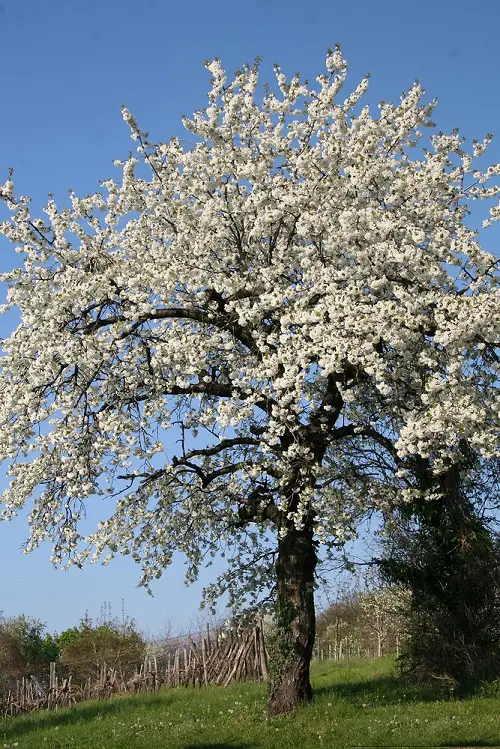
Botanical Name: Prunus avium
If you are a fan of white flowers, then you will love this one! It is also easy to look after and can be a great addition to borders.
39. Sandalwood
Botanical Name: Santalum album
Native to Indochina and Southeast Asia, it usually grows 20-30 feet tall. It also grows small purple-pink flowers.
40. Satinleaf
Botanical Name: Chrysophyllum oliviforme
Its leaves have a dark green top and a satin-like shimmering underside. It also produces edible fruits.
41. Silver Maple
Botanical Name: Acer saccharinum
The Silver Maple, native to Missouri, thrives along rivers, streams, and swamp areas. In early spring, this tree showcases small white flowers.
42. Sugar Pine

Botanical Name: Pinus lambertiana
The Sugar Pine is native to the Western United States mountain regions. It prefers high-elevation and well-draining soil.
43. Silky Oak
Botanical Name: Grevillea robusta
Silky Oak has silvery gray smooth bark, attracting birds and insects with its flowers. It symbolizes strength and beauty, too!


